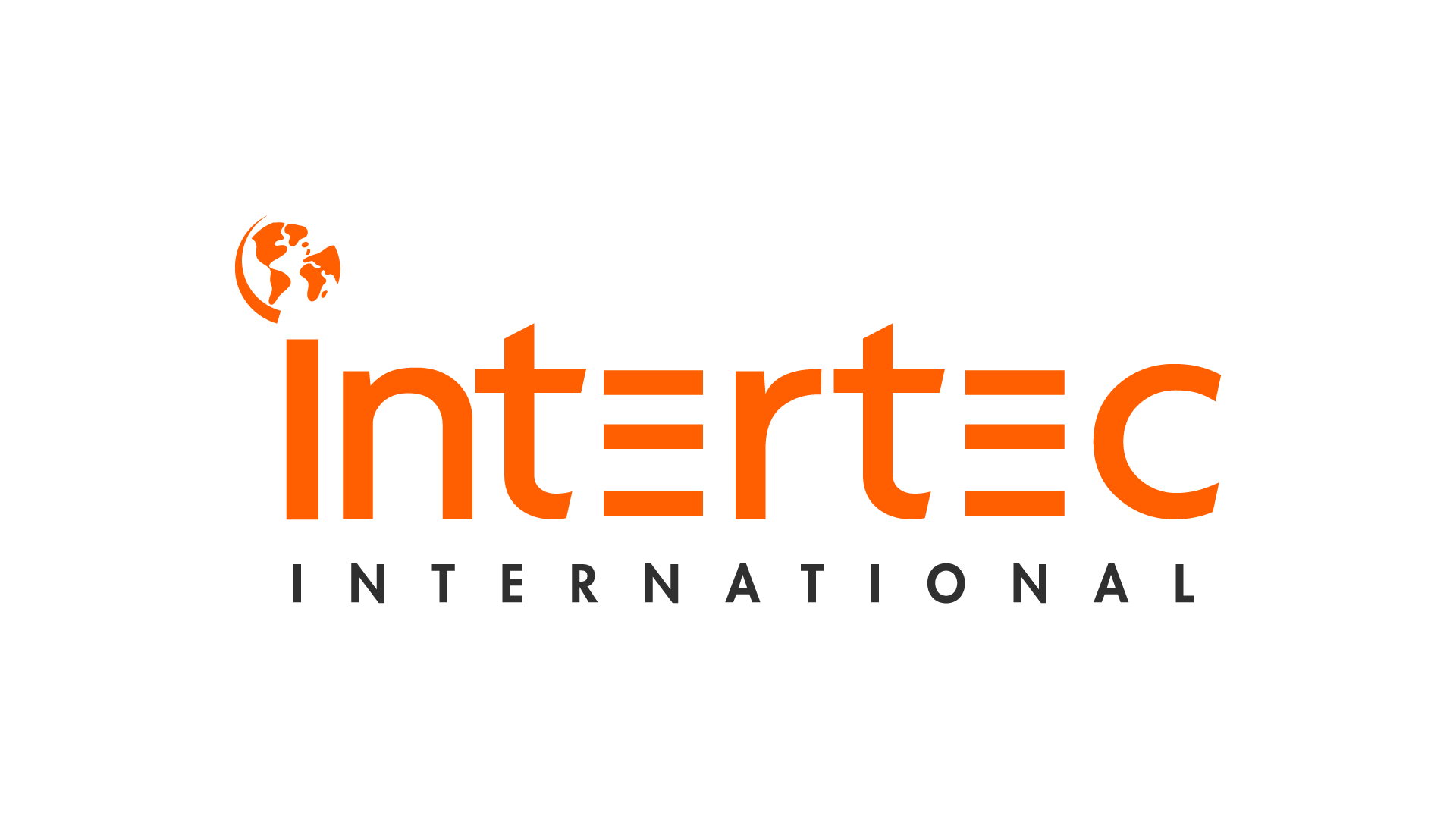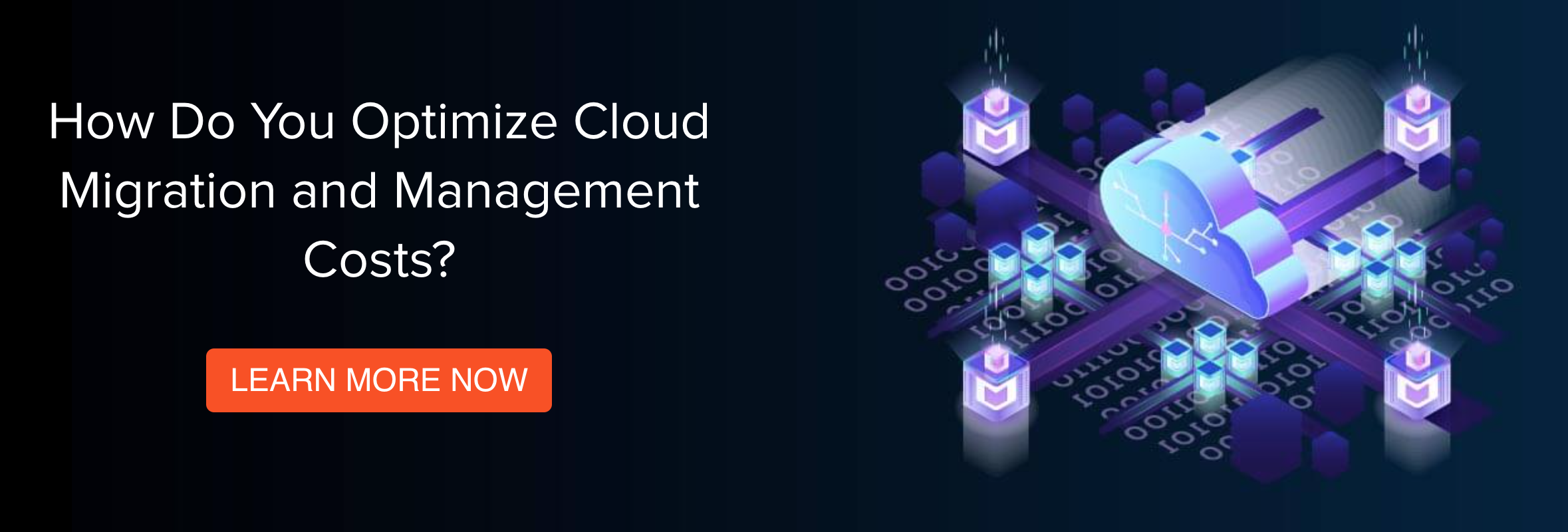Cloud computing was once the future of the tech industry, but it is now the present. Implementing cloud computing in your organization is vital for optimization and efficiency. As cloud computing grows more advanced, global cloud trends continue to arise. Following up on our previous blog, 2021 Will Be a New Frontier For Cloud Computing, we will continue taking you through the most prominent growing cloud computing trends of 2021. Understanding these trends will prepare you to be a frontrunner in innovation and give you the heads-up needed for success.

Going Serverless
As organizations become increasingly dependent on cloud computing, it comes as no surprise that migrating to serverless architecture is the next big thing. As time has passed, data servers have grown smaller and smaller. Once the size of an entire room, servers now have the capacity to be completely virtual, removing the “server” entirely. While serverless architecture removes the visible processes, operating systems, and virtual machines from individual organizations, it is still running on top of an operating system with physical servers. The difference is that the responsibility of the tangible infrastructure lies with the service provider, not the developers. This system relieves developers from purchasing and maintaining a physical server of their own, instead only requiring them to submit requests to their provider on how to utilize the infrastructure they pay for – a huge cost saver. With serverless data computing, you will reduce time to market, allowing for quicker software releases. Without managing an in-house server, your developers can focus on code and deliver faster as a result.
In 2020, serverless was among the top five fastest-growing PaaS cloud services, so we expect them to only increase in popularity this year. With such a revolutionary development, it is hard to know exactly how going serverless will change the future of cloud computing. Industry experts predict that this will change how applications will be designed and developed in the upcoming year - modifying operations for serverless compatibility.
Automated Cloud Orchestration
The next prominent trend of 2021 is the continued development of cloud orchestration and optimization. IT organizations are overwhelmed by managing the balance of quantity and quality of interconnected applications and services, so these developments will come as a sigh of relief. Because companies may be juggling hundreds of services from a single cloud provider, it is crucial that they use a provider with automated service and performance management. With further developments in cloud orchestration, cloud providers will help companies optimize this balance, avoiding the stress and confusion that comes with managing hefty amounts of complex computing systems. This orchestration will complement your cloud automation, combining automations to work cohesively. In reducing your cloud automation complexities, you will reduce the confusion of conflicting data in your organization. This will ease your data analysis and speed up the computing process, allowing you to make decisions more efficiently.
The Growth of SASE Adoption
Secure access service edge, known as SASE, is an emerging cybersecurity concept. In more detailed terms, it is a network architecture that combines software-defined wide-area networking (WAN) capabilities and cloud-native network security services. Primarily delivered as a cloud-based service, SASE has zero-trust network access, secure web gateways, cloud access security brokers, and firewalls. Developed to provide security to remote workers, it is not surprising that it has grown in popularity over the past year as more employees work from home. Existing networks and technologies are struggling to provide the levels of cybersecurity and access necessary to managing a secure network. Hence, organizations need to invest in security systems such as SASE.
This service overcomes many security issues faced by IT companies, such as bandwidth restraints, lack of network segmentation, weakness in security, and untrusted devices connecting to sensitive corporate systems. Additionally, as a result of its cloud-based infrastructure, SASE can offer you flexibility in your security, allowing you to deliver security services remotely. Services include:
- Threat prevention
- Web filtering
- DNS security
- Theft prevention
- Data loss prevention, and more.
The security of your organization’s data should be one of your greatest priorities, so it is time to invest and consider implementing SASE to fulfill your security needs.
Data Privacy and Cloud Migration
With more professionals working from home in 2021 than ever before, cloud infrastructure has become an integral part of the workplace. As a result, more data is online than ever before. With these two things in mind, we project that this year will be the peak of data governance and compliance. As organizations continue to initiate cloud migration projects, they must ensure a secure migration from on-premise to cloud computing. This ties in with data governance as it is necessary to regulate how data transfers into the cloud. Because cloud migration is still relatively new, this year will bring various changes to managing it. It can be challenging to determine the best route for migration between artificial intelligence and manual services, especially with few regulations.
Until we have concrete governance tools in place for data privacy and cloud migration, it can be helpful to seek guidance from an expert cloud migration services provider. To determine this, define your cloud migration strategy, including goals for cloud computing in your organization and the capacity and security needed. A provider can help you differentiate between applications suited to your organization in addition to projecting costs and savings from migrating. While we await cloud migration's impending governance, you must get ahead and obtain the help you need in the meantime.
Cloud Management and Cost Challenges
For the final trend of 2021, we'll discuss the anticipated increase in cloud management and the associated containment costs. It is well known that migrating to the cloud dramatically improves operational efficiencies and optimizations, but it can be costly. Because cloud users are inexperienced in working within the cloud, they often misuse it. Inefficient use of the cloud can add up to significant expenses, especially if wasting cloud capacity. One of the most important things you can do before migrating to the cloud is budgeting for cloud management. Through understanding your needs and the cloud of cost computing, you can efficiently budget. Budgeting ensures that you are only paying for the services vital to your projects, making you aware of the applications you pay for and should be using. In obtaining a cloud provider's services, you can discuss your budget and find a cloud system that suits your needs without overcharging. This will guarantee that you are using the cloud as efficiently as possible, leading you towards optimization.
Combined with our previous blog, you are ready for 2021. Once equipped with this knowledge, your organization will be able to prepare accordingly, implementing new and beneficial cloud services while avoiding potential pitfalls. Migrating to cloud computing is becoming a necessity for competitive businesses, but it is a transition that requires preparation and skill. Utilizing the year's latest cloud capabilities with the collaboration from a provider will equip your company for success. With each year, cloud computing seems to become more advanced, so it crucial that your organization keeps up with the trends to remain competitive and innovative.









